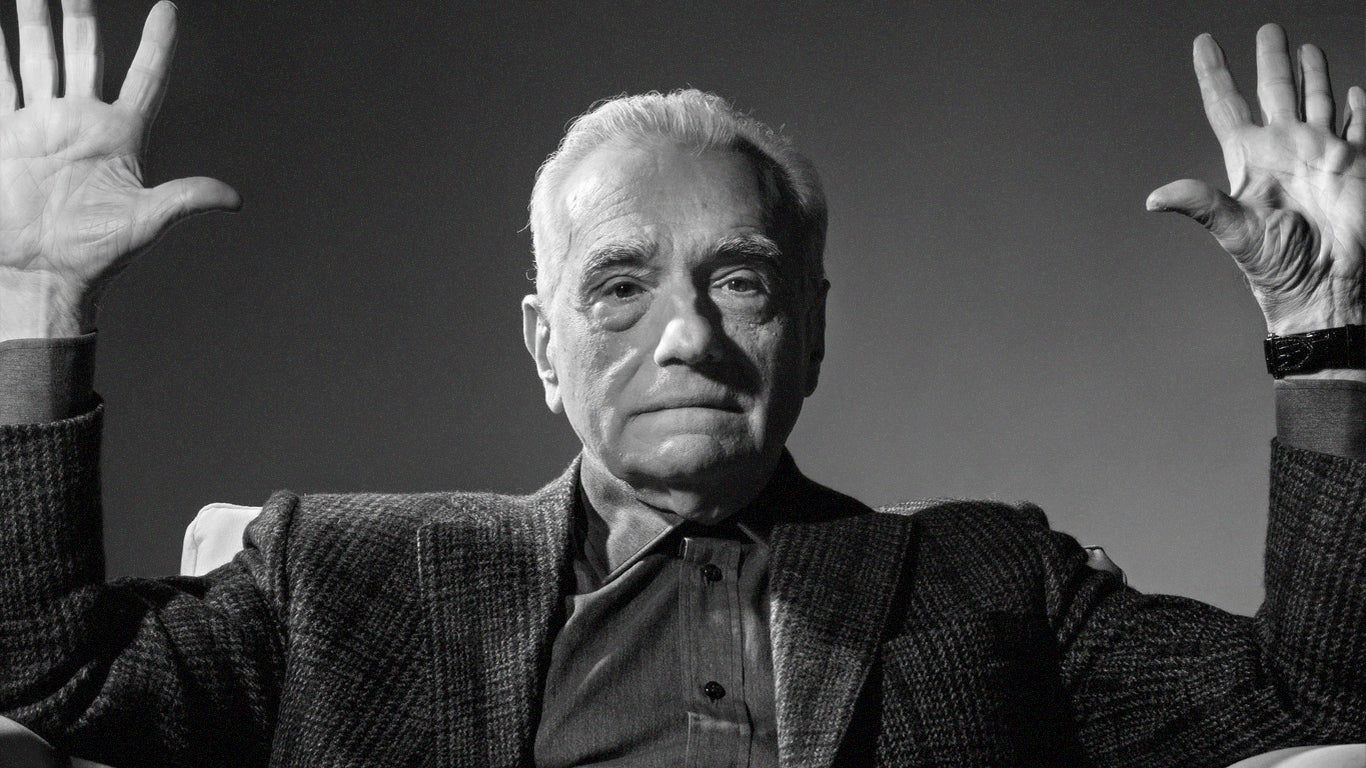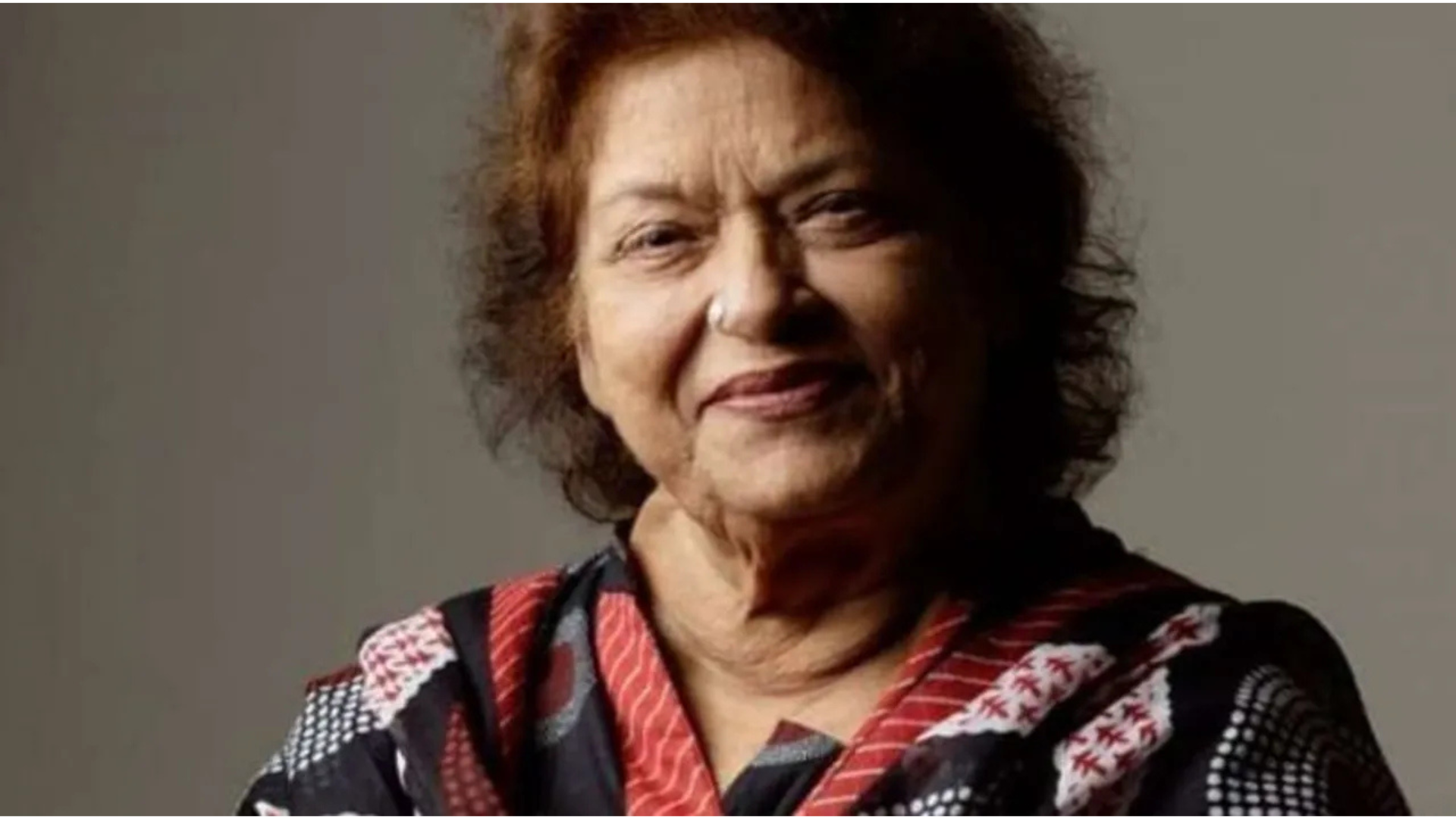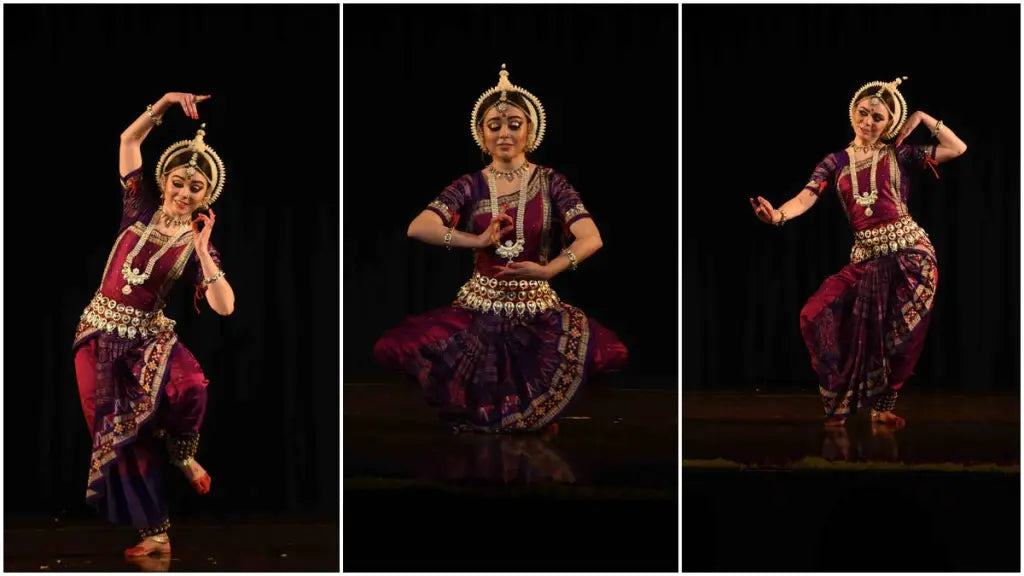Martin Scorsese’s Top 10 Film Recommendations | The Revolver Movie Club

While talking of cinema the name Martin Scorsese is bound to pop up. He is an acclaimed director, producer, screenwriter and the brains behind many legendary films like Taxi Driver, The Wolf of Wall Street, Goodfellas and Irishman.
Scorsese also happens to be a big music person and he particularly enjoys rock a lot. He was the AD on the famous 1970s documentary on Woodstock and has also made documentaries on rock n roll icons like Bob Dylan, George Harrison, The Rolling Stones and Elvis. Lesser known fact- he has also directed Michael Jackson's music video ‘Bad’.
Although Scorsese finds his comfort and finesse in crime and mafia films, he is a very versatile filmmaker and has made films from many different genres, depicting different styles. His filmmaking and creative perspective is highly appreciated in the film community.
So here are top 10 films from Scorsese’s own list of films that he enjoys watching the most. This entire collection is now available on TRC website, grab it now to experience Scorsese’s esoteric taste in cinema.
1. Paisan:
Paisan is a 1946 Italian neorealist war drama directed by Roberto Rossellini, which is divided into 6 episodes. Its set during the World War 2 where Nazi Germany was losing the war against the Allies. The film explores the theme of inconsistency in communication due to language barriers. Martin Scorsese remembers watching this film on TV with his grandparents, he describes it as the first time he experienced the power of cinema beyond Hollywood, where great cinema is made even with a low budget and inferior equipment.
2. The Red Shoes:
The Red Shoes is a 1948 British drama film which explores the theme of commitment towards your art. The film is visually divine because of its extraordinary technicolor aesthetics. It's a story about a ballerina and her internal conflict over love and art. Scorsese describes this film as the very greatest film ever made. He says he watches the film almost every year and it reveals a new side and a new level of depth everytime he rewatches it.
3. The River:
The River is a 1951 romance directed by Jean Renoir and Satyajit Ray was the assistant director on the film. The film was shot in India and it's a coming of age story of a teenager and his first love. While talking about The River Scorsese says, “ Jean Renoir used Rumer Godden’s autobiographical novel to create a film that is, really, about life, a film without a real story that is all about the rhythm of existence, the cycles of birth and death and regeneration, and the transitory beauty of the world.”
4. Ugetsu:
Ugetsu is a 1953 Japanese romantic drama directed by Kenji Mizoguchi and is based on stories in Ueda Akinari's 1776 book of the same name. It's a jidaigeki (period drama) that is a Japanese genre which is often adapted in TV, video games or even theater. The movie follows a multi-story setup and it explores the themes of excessive ambition, indulgence in pleasures versus loyalty to one's family, modesty, and the dignity of honest labor. Certain scenes from the movie have such a powerful effect, that Scorsese often goes back and rewatches them.
5. Ashes and Diamonds:
Ashes and Diamonds is a 1958 Polish drama film directed by Andrzej Wajda, based on the 1948 novel by Polish writer Jerzy Andrzejewski. The film is set in the post World War 2 era when German occupation ends. It has portrayed a conflict between the Russian and Polish forces over leadership and communism. For Scorsese this movie has hallucinatory powers where he just closes his eyes and certain images flashback with equal clarity as what he saw fifty years ago.
6. L’avventura:
L'avventura is a 1960 Italian drama film directed by Michelangelo Antonioni. This movie is a story about the disappearance of a young woman during a boating trip in the Mediterranean, and the subsequent search for her by her lover and her best friend. Scorsese sees L’avventura as a movie about people in spiritual distress whose spiritual signals are disrupted and so they see the world around them as hostile and unforgiving.
7. Salvatore Giuliano:
Salvatore Giuliano is a 1962 Italian film directed by Francesco Rosi, shot in a neo-realist documentary style, it follows a non linear storytelling style and discovers the lives of those involved with the famous Sicilian bandit Salvatore Giuliano. Giuliano is mostly off-screen during the film and appears most notably as a corpse. Scorsese describes the movie as a picture made from the inside, from a profound and lasting love and understanding of Sicily and its people and the treachery and corruption they’ve had to endure.
8. 8½:
The famous cult film 8½ is a 1963 surrealist comedy-drama directed by Federico Fellini. Its a story about Guido Anselmi, a famous Italian film director who suffers from stifled creativity as he attempts to direct an epic science fiction film. The movie finds inspiration in the life of Fellini and its name represents the eight and a half films that he has to his name. The freedom, the sense of invention, the underlying rigor, the deep core of longing, the physical pull of the camera movements and the compositions are some aspects of the movie Scorsese particularly enjoys.
9. Contempt:

Contempt is a 1963 French New Wave drama film written and directed by Jean-Luc Godard, based on the 1954 Italian novel Il disprezzo. It's a story about the disintegration of the marriage of a producer and his wife during movie production as she spends time with the producer. It depicts the dilemmas of love, professional life and art. Scorsese calls Goddard a great colorist who composes frames the way painters composed their canvases. But at the same time he also really enjoys the emotional value in his movies.
10. The Leopard:
The Leopard is a 1963 historical drama film, another masterpiece about Sicily. It follows the story of the Prince of Salina, a noble aristocrat of impeccable integrity who tries to preserve his family and class amid the tumultuous social upheavals of 1860s Sicily. According to Scorsese, the Leopard as a film has become more and more important to him over the years.
Check out the full collection available now for pre-order
Read more: CHRIS NOLAN’S TOP 10 FILM RECOMMENDATIONS | THE REVOLVER MOVIE CLUB














